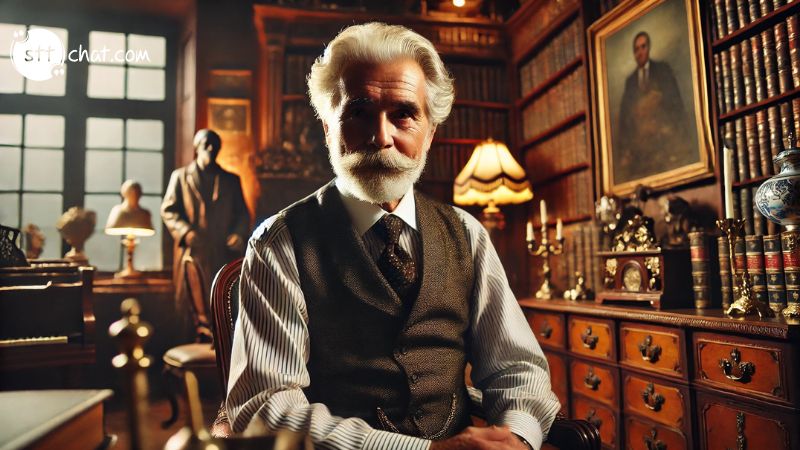Again a story of Sarah on marriage. Marriage, often seen as a partnership, can sometimes feel like a system of mutual servitude, where both partners may feel bound by societal roles and expectations. Balancing freedom with commitment is key to avoiding the "slave" mentality.
How can marriage lead to both partners feeling like slaves?
Marriage can produce two "slaves" when partners become trapped in rigid roles, losing their individuality and sense of freedom. Mutual dependence, unequal responsibilities, or societal pressures can create a dynamic of servitude rather than partnership.
When Sarah and John first married, they were deeply in love, full of excitement and hope for the future. They envisioned a life where they would support each other’s dreams and grow together, creating a strong partnership. In the early years, this vision seemed to hold true. They divided tasks naturally, and while they faced the usual challenges of adjusting to married life, their love remained the driving force behind everything they did. Over time, however, the weight of their individual responsibilities began to overshadow the joy that had once defined their relationship.

Sarah and John first married, they were deeply in love, full of excitement and hope for the future
John had taken on the role of the primary breadwinner, working long hours in a demanding job to provide financial security for their family. While he found purpose in supporting his loved ones, he also began to feel suffocated by the pressure. His days were consumed by work, leaving him exhausted and disconnected from the things he once enjoyed. On the other hand, Sarah devoted herself to managing the household and raising their children. She cared deeply for her family and wanted to give them the best, but gradually, she started feeling unfulfilled. Her own dreams, once bright and vivid, had been set aside to meet the demands of her role as a wife and mother. The routine of domestic life left her feeling trapped and resentful of the very duties she had once embraced.
Both Sarah and John felt the strain, but neither of them communicated their frustrations. They feared that speaking up would only create tension or make them seem ungrateful. John didn’t want to burden Sarah with his stress, while Sarah felt guilty for wanting something more than the life they had built. Instead, they quietly continued in their roles, driven more by obligation than genuine connection. Their relationship, once a partnership, had subtly shifted into a dynamic where both felt like they were sacrificing their personal freedom for the sake of maintaining the status quo.
It wasn’t until one evening, after a particularly challenging day for both, that the silence broke. Sarah expressed how she felt overwhelmed and isolated, admitting that she missed the sense of purpose she once had outside of her family life. John, surprised by her vulnerability, revealed his own struggles with the pressure of being the sole provider and the toll it had taken on his happiness. In that moment, they realized that their marriage had unintentionally turned them into "slaves"—not to each other, but to the societal roles they had accepted without question.
This revelation sparked a turning point for Sarah and John. They began having open, honest conversations about their needs and desires. Together, they decided to redefine their roles and share the burdens more equally. Sarah pursued a part-time career she was passionate about, while John made an effort to be more present at home and engage in activities that brought him joy. Over time, they shifted their relationship from one defined by duty to one grounded in mutual support and individual fulfillment.
In reclaiming their autonomy, Sarah and John discovered that marriage didn’t have to be a system of mutual servitude. It was possible to nurture their relationship while allowing space for each partner to pursue their own path. With commitment and understanding, they reimagined their union as a partnership of equals, where love, freedom, and personal growth could coexist.






